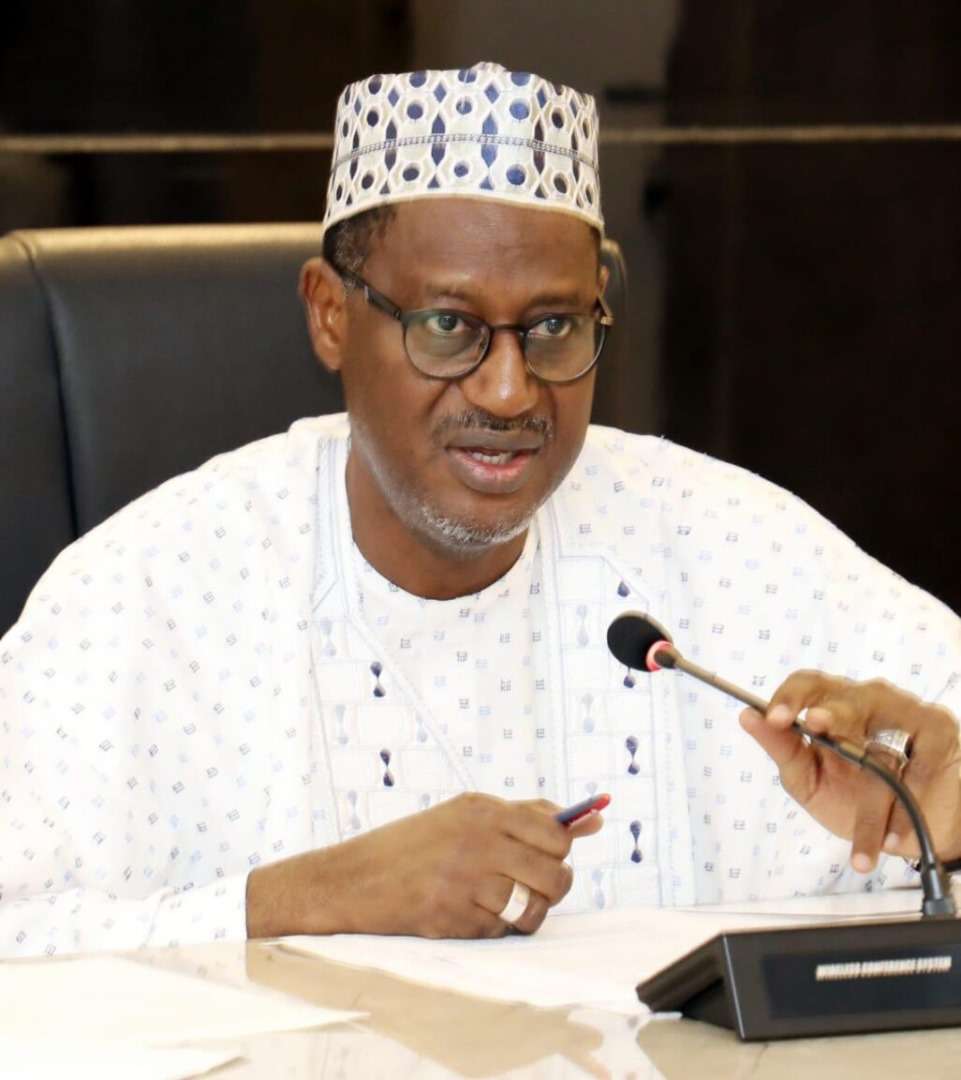The Minister of Housing and Urban Development, Arc. Ahmed Musa Dangiwa has urged the Federal Mortgage Bank of Nigeria (FMBN), Nigeria Mortgage Refinance Company (NMRC), and Family Homes Funds Limited (FHFL) to collaborate with the Ministry of Finance Incorporated (MOFI) on the newly approved Real Estate Investment Fund.
The Minister emphasized the importance of collective efforts to address Nigeria’s housing deficit and improve affordable housing access.
Dangiwa praised President Bola Ahmed Tinubu for prioritizing the housing sector under the Renewed Hope Agenda. He stated, “I want to congratulate our president for making the housing sector a priority by giving it the attention it deserves. In terms of finance, policy, programs, and initiatives, the Renewed Hope Agenda is indeed a new awakening for the housing and urban development sector.”
Acknowledging the scale of Nigeria’s housing deficit, the Minister noted, “Nigeria faces significant challenges in housing, with millions of families in need of shelter. Traditional budgetary allocations are insufficient to address this gap. We need innovative funding solutions, and the investment fund presents a promising opportunity.”
Drawing inspiration from Algeria’s success in building one million houses in a year, Dangiwa said, “When I visited Algeria, they achieved one million houses in a year, amounting to one trillion naira. Their strategy closely aligns with what the fund aims to do, emphasizing affordability and cross-subsidies to ensure inclusivity.” He proposed that the real estate investment fund projects allocate 20-30% of funding to cross-subsidized units, allowing lower-income families to afford homes without compromising on infrastructure quality.

Dangiwa also outlined the specific roles he envisioned for key stakeholders. “The Federal Housing Authority (FHA), as a government-owned developer, should focus solely on building affordable homes for Nigerians. Private developers can access funds for high-end projects, while FMBN should prioritize creating affordable mortgages without directly collecting from investment funds.”
The Minister highlighted obstacles in the mortgage system, particularly the single obligor limit, which restricts FMBN’s ability to disburse loans. “Many developers face delays because of the single obligor limit, which caps loans to 50% of shareholders’ funds. This policy disenfranchises off-takers, as inflation often pushes house prices beyond their reach before loans are approved,” he said. He commended the intervention of the National Assembly and ongoing reviews by the Central Bank of Nigeria (CBN) to address these limitations.
Dangiwa reiterated his commitment to fostering collaboration among stakeholders to maximize the real estate investment fund’s potential. “Private developers, FMBN, NMRC, FHFL, and FHA must work together with MOFI to ensure the fund achieves its objectives. If FMBN is empowered to create more mortgages, and real estate investment Fund loans are accessible to developers, we can significantly reduce the housing deficit.”
The Minister encouraged stakeholders to seize the opportunities presented by the real estate investment Fund and work collectively to reshape Nigeria’s housing landscape. “This is the time to shun all forms of competition and embrace collaboration for the benefit of millions of Nigerians in need of decent and affordable homes.”





